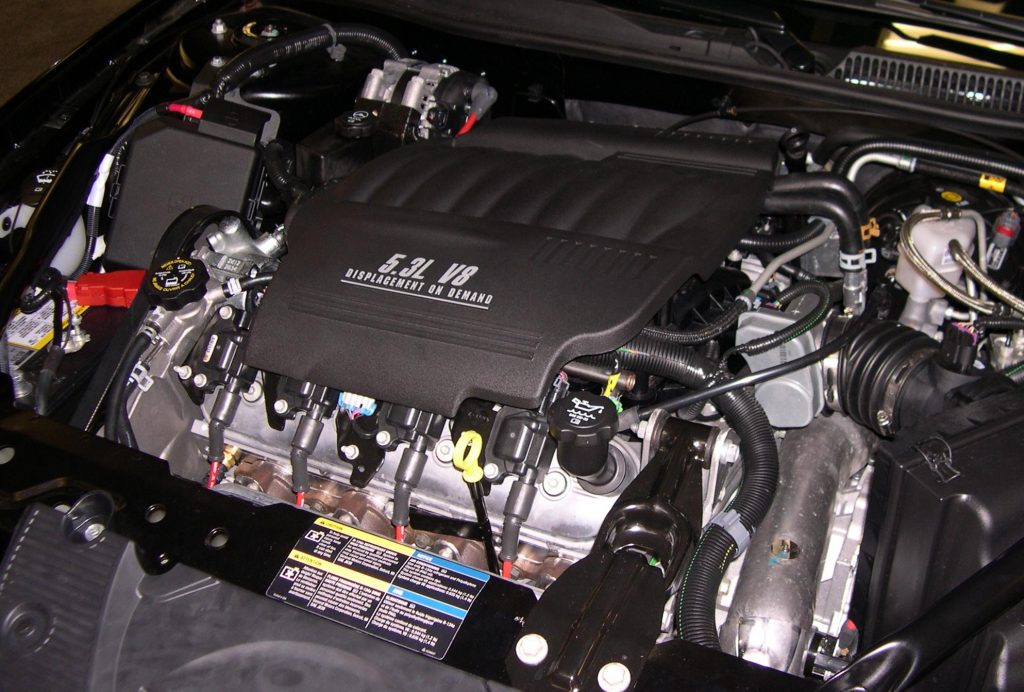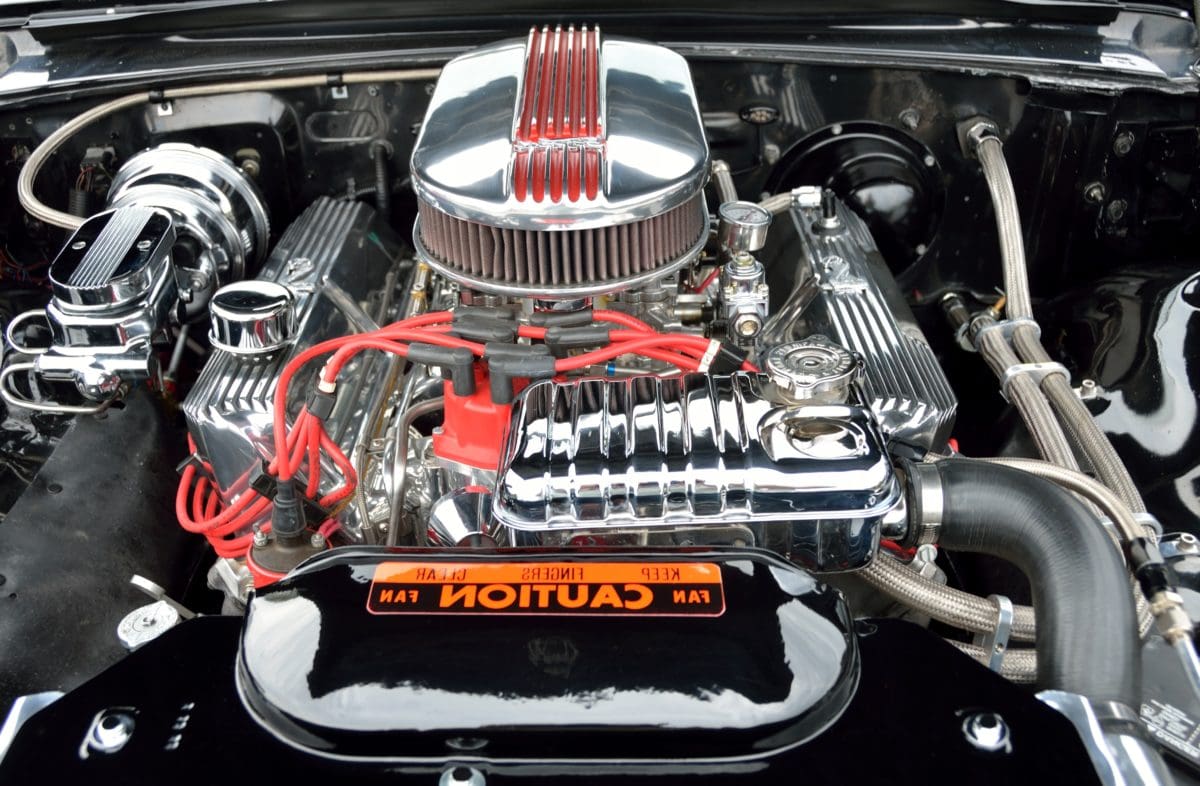Your car’s engine is the heart of its performance, and keeping it in good condition is crucial for a smooth and reliable driving experience. However, there comes a time when every engine reaches the end of its lifespan and needs to be replaced. In this blog post, we will explore the signs that indicate it’s time to replace your engine and provide some helpful tips for a successful engine replacement.
1. Excessive Oil Consumption
If your engine is consuming an unusually high amount of oil, it could be a sign of internal damage or worn-out piston rings. This can lead to decreased engine performance and potentially expensive repairs. If your engine consistently requires frequent oil top-ups, it may be time to consider a replacement.
2. Loss of Power and Performance
As engines age, they can lose power and efficiency. If you notice a significant decrease in acceleration, reduced fuel economy, or a general lack of power, it could be an indication that your engine is nearing the end of its life. Engine replacements can restore your vehicle’s performance and improve overall efficiency.
3. Persistent Engine Knocking
Engine knocking or pinging sounds are abnormal noises that can occur due to various reasons, including worn-out bearings, damaged pistons, or a malfunctioning fuel delivery system. If the knocking sound persists even after routine maintenance and repairs, it may be a sign of severe internal damage. In such cases, replacing the engine might be the best solution.
4. Costly Repairs

As engines age, they may require more frequent and costly repairs to keep them running smoothly. If the cost of repairing your engine exceeds its value or the price of a replacement engine, it’s wise to consider replacing the engine instead. This can save you from ongoing expenses and provide a more reliable long-term solution.
5. High Mileage
High mileage alone does not necessarily mean an engine needs replacement, but it can be a contributing factor. Engines that have surpassed the manufacturer’s recommended mileage limits are more prone to wear and tear, and their overall performance may decline. If your high-mileage engine is experiencing multiple issues, it might be time to invest in a new one.
6. Smoke or Burning Smells
Excessive smoke from the exhaust or the presence of burning smells could indicate serious engine problems. It could be a sign of oil or coolant leaks, damaged gaskets, or other internal issues. If these symptoms persist, it’s essential to have your engine inspected by a professional. Depending on the severity of the issues, an engine replacement may be necessary.
7. Engine Overheating
Chronic engine overheating can lead to severe damage and compromise its performance and longevity. If your engine consistently overheats despite regular maintenance and cooling system checks, it’s a clear indication of underlying issues. Ignoring engine overheating can result in catastrophic damage, and replacing the engine might be the most viable solution.
8. Failed Emissions Tests
If your vehicle consistently fails emissions tests due to high pollutant levels, it could be a sign of engine malfunction or inefficiency. Older engines, especially those with outdated emission control systems, may struggle to meet modern emission standards. Replacing the engine with a newer, more efficient one can help your vehicle pass emissions tests and contribute to a cleaner environment.
9. Safety Concerns
A failing engine can pose safety risks, especially if it causes unexpected breakdowns or malfunctions while driving. If you experience frequent engine-related issues that compromise the safety of your vehicle and passengers, it’s crucial to prioritize engine replacement for the sake of your well-being and peace of mind.
10. Age and Overall Condition
Finally, the age and overall condition of your engine are essential factors to consider. While well-maintained engines can last for hundreds of thousands of miles, there comes a point where wear and tear become inevitable. If your engine is significantly aged, has a history of poor maintenance, or has suffered severe damage, it may be time to invest in a new engine.
In conclusion, signs such as excessive oil consumption, power loss, knocking sounds, costly repairs, high mileage, smoke, overheating, failed emissions tests, safety concerns, and engine age indicate the need for an engine replacement. Consult with a qualified mechanic for guidance. Replacing your engine restores performance, reliability, and efficiency, ensuring your vehicle serves you well. Consider long-term benefits and consult professionals to address engine problems proactively and avoid costly repairs and safety hazards.

